191
9
5 minutes
Suggested Articles

First-generation Ivy Leaguers triumph over unique college challenges
Discover key insights, life hacks, and data-driven tips for first-generation college students thriving in prestigious U.S. universities. Find practical strategies, unique challenges, and fresh perspectives essential for student success.

High schoolers drive change as schools empower youth civic voices
Civic Education
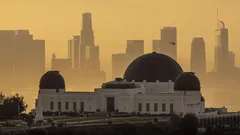
Teachers in Los Angeles empower students with real-life civics during crisis
Civic Education
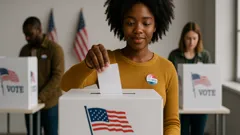
Voter and Civic Education: The Cornerstones of True Democracy
Civic Education
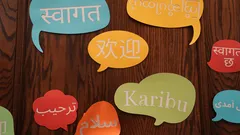
Americans build empathy and strengthen democracy through language learning
Civic Education

Inside the Secrets of Student-Led Civic Projects That Spark Real Change
Civic Education

Mesa County school board rejects new curriculum amid heated debate
News & Updates
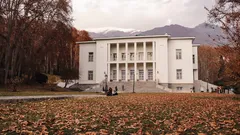
Students and educators defend free speech as campus politics reshape college life
Civic Education
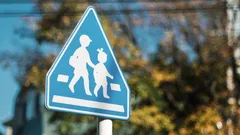
Parents empower kids with smart routines to boost school and neighborhood safety
News & Updates

Patriotic education reshapes American classrooms as the nation nears 250 years
Civic Education
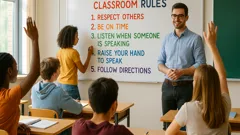
Top Classroom Rules for High School That Foster Success
Civic Education

First-generation Ivy Leaguers triumph over unique college challenges
Hiring

Americans brace for possible Social Security cuts that reshape retirement
News & Updates

Why this Florida data leak changes how we think about privacy
News & Updates

Build your own AI chatbot and unlock hands-on tech superpowers
Resources & Tools

How to outsmart hidden medical expenses in your golden years
Civic Education

California workers secure jobs this summer with new 2025 laws
Hiring
 Love Women Vibes
Love Women Vibes

Comments